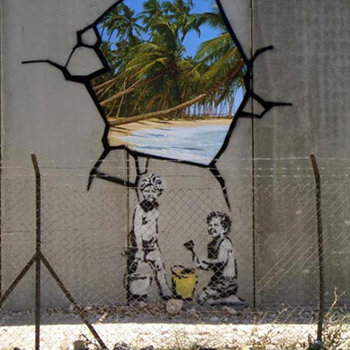How were the atomic bomb attacks on Japan during World War Il an example of "total war"?
1 Answer
It depends how you define Total War.
Explanation:
The phrase Total War often means the total mobilisation of a country whereby everyone directly or indirectly is affected by the war effort. Normal democratic procedures are suspended, the civilian population is mobilised for the war effort and subject to attack and there is a huge conscription of armed forces.
Britain experienced Total War in World War 2. General Elections were suspended. This was not the case i the USA. Moreover other than Hawaii the USA did not experience any direct attack. However it is true to say that the industrial and economic strength of the USA was fully utilised for the war effort and millions were conscripted into the army.
The war in the Pacific was particularly brutal and its impact on the US public was massive.
In this context it could be argued that the atomic bomb attacks on Japan were not examples of Total War.
However from another perspective the devastation and impact felt by the Japanese on an unprecedented level brought about not only the deaths of tens if not hundreds of thousands but also Japan's surrender. In this context the effect of the two nuclear bombs on Japan could be described as examples of Total War.

